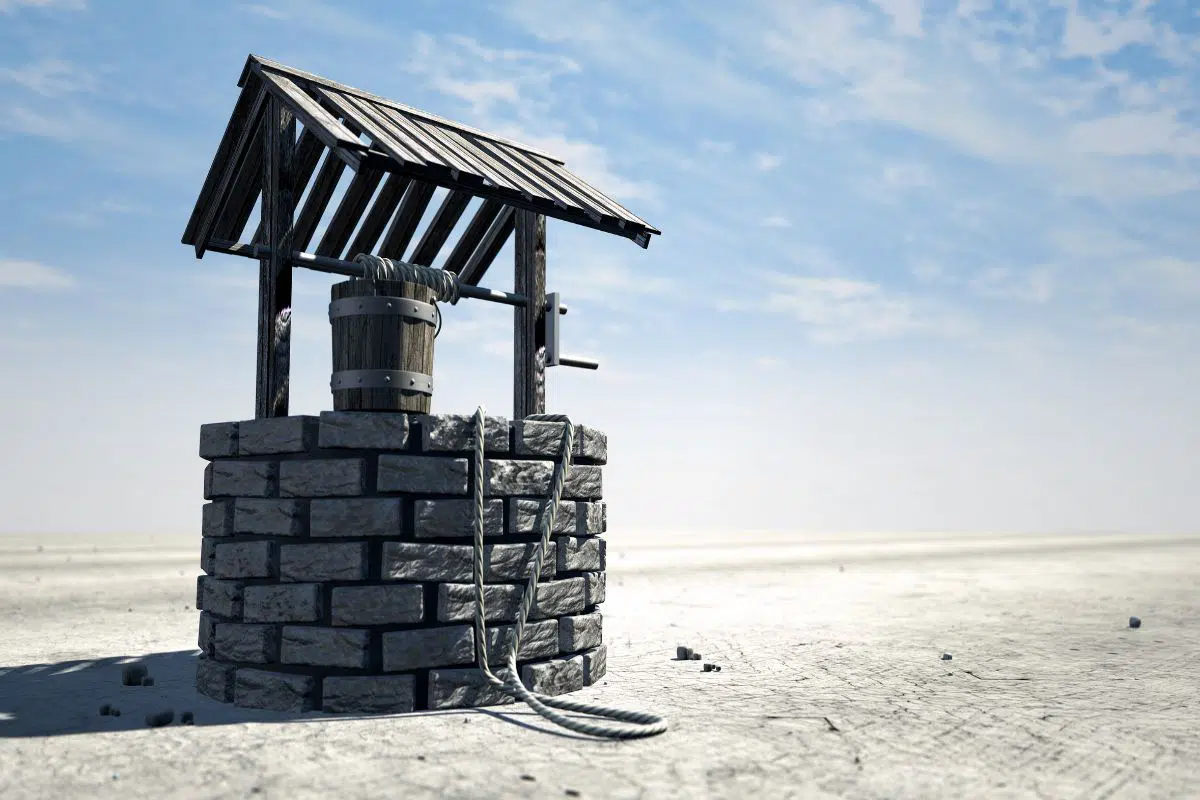Real estate attorneys are aware that the only water source for many rural Arizona property owners is a well that they may share with one or more neighbors. Very few state laws or regulations govern the operation of shared wells. Homeowners whose water supply comes from a shared well should be aware of their rights and responsibilities for their water supply. If you have questions regarding a shared well, it is critical to confer with an attorney experienced in dealing with issues surrounding sharing a water well.
Defining Shared Wells
Shared wells are largely “exempt” from the Arizona Groundwater Management Act, which means it is up to the landowners to manage and regulate their water supply. Under A.R.S. § 45-402(8), an exempt well is any well with a pump that has a maximum capacity of 35 gallons per minute or less. Arizona law specifies no minimum well performance requirements for shared wells. The shared well simply must provide an adequate water supply for the number of people it is serving.
Generally, shared wells have up to 14 water connections or serve up to 24 residents. Larger wells qualify as community water systems, which are subject to more stringent state regulations.
Real Estate Attorneys Help With Registration of Shared Wells
All shared wells must be registered with the Arizona Department of Water Resources (ADWR) as domestic wells. Registration allows the landowner to extract groundwater. Once a landowner extracts groundwater into a well, it is private property and no longer subject to state standards.
Water Quality Standards
Unlike community or public water systems, no water quality standards exist for shared wells. Therefore, the landowners responsible for managing the shared wells are also responsible for testing, regulating, and maintaining the water quality. Arizona law does not require any periodic water testing for domestic wells. Still, the Arizona Department of Health Services strongly advises that you perform specific tests on the water supply once or twice a year to avoid providing contaminated water to your household and those of your neighbors.
Well Share Agreements
In most cases, individuals who share wells do so through private contracts called well share agreements. Although Arizona water laws govern where to locate and how to drill shared wells, well share agreements govern the operations of these wells. As these are private contracts, the state of Arizona will not intervene in these agreements or resolve any disputes between landowners. Well share agreements often address:
- Identification of the well site
- The legal description of all real estate parcels that share the well
- All easements, including parcels that must have water lines access through them
- Survey map of the site
- Responsibility for the costs of maintaining and repairing the well
- A statement as to whether the agreement applies to the parcels of the real estate, regardless of ownership, or only to the specific landowners named in the agreement
All well share agreements must be signed by all relevant parties in front of a notary and recorded with the county recorder’s office to notify future buyers of any parcels of land subject to these agreements. A knowledgeable real estate attorney can draft a well share agreement and ensure that it is properly recorded.
Call Our Real Estate Attorneys Today and See How We Can Help
The real estate attorneys and staff at Provident Law have experience in handling countless real estate transactions and disputes. We can evaluate your situation, present your options, and help you make the decisions that are right for you. Call us today at (480) 388-3343, or click here to contact us online, and learn more about how we can help.


